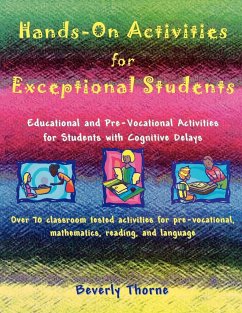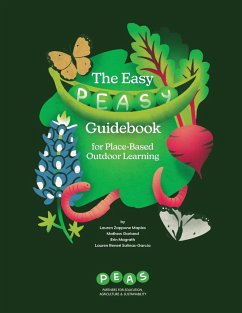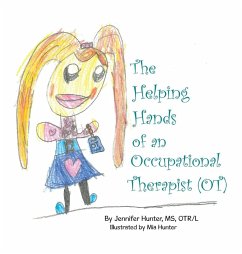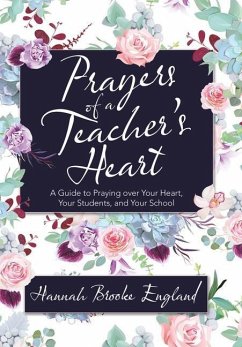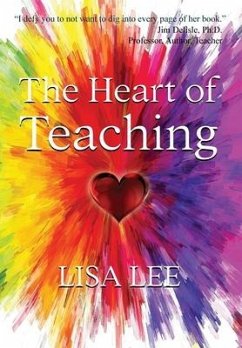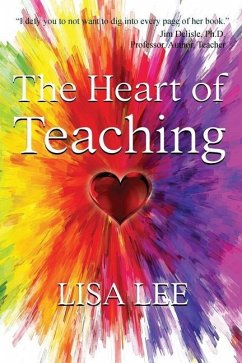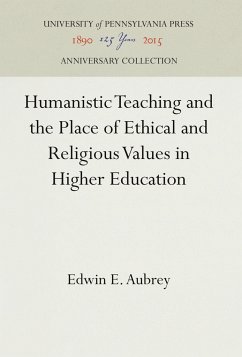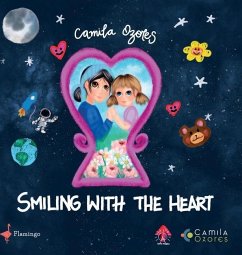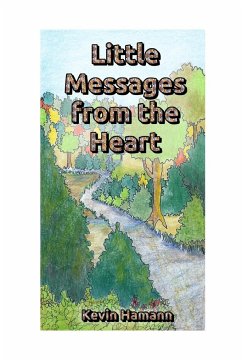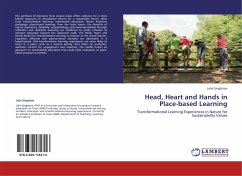
Head, Heart and Hands in Place-based Learning
Transformational Learning Experiences in Nature for Sustainability Values
Versandkostenfrei!
Versandfertig in 6-10 Tagen
32,99 €
inkl. MwSt.

PAYBACK Punkte
16 °P sammeln!
This synthesis of literature from several areas offers evidence for a more holistic approach to educational reform for a sustainable future. Ideas from transformative learning, experiential education, Native American pedagogy, place-based learning, how the brain learns, the benefits of nature experience, biophilia, ecopsychology, and meaning-making through reflection and relational knowing are combined to justify inclusion of relevant education beyond the classroom walls. The Head, Heart and Hands Model for Transformative Learning is inclusive of the whole learner. Cognitive, affective and psy...
This synthesis of literature from several areas offers evidence for a more holistic approach to educational reform for a sustainable future. Ideas from transformative learning, experiential education, Native American pedagogy, place-based learning, how the brain learns, the benefits of nature experience, biophilia, ecopsychology, and meaning-making through reflection and relational knowing are combined to justify inclusion of relevant education beyond the classroom walls. The Head, Heart and Hands Model for Transformative Learning is inclusive of the whole learner. Cognitive, affective and psycho-motor domains are addressed. It is hypothesized that transformative learning experiences are more likely to occur in a place, such as a natural setting, that offers an authentic, aesthetic context for engagement and meaning. The model frames an approach to sustainability education that could assist evaluation of place-based program outcomes.





